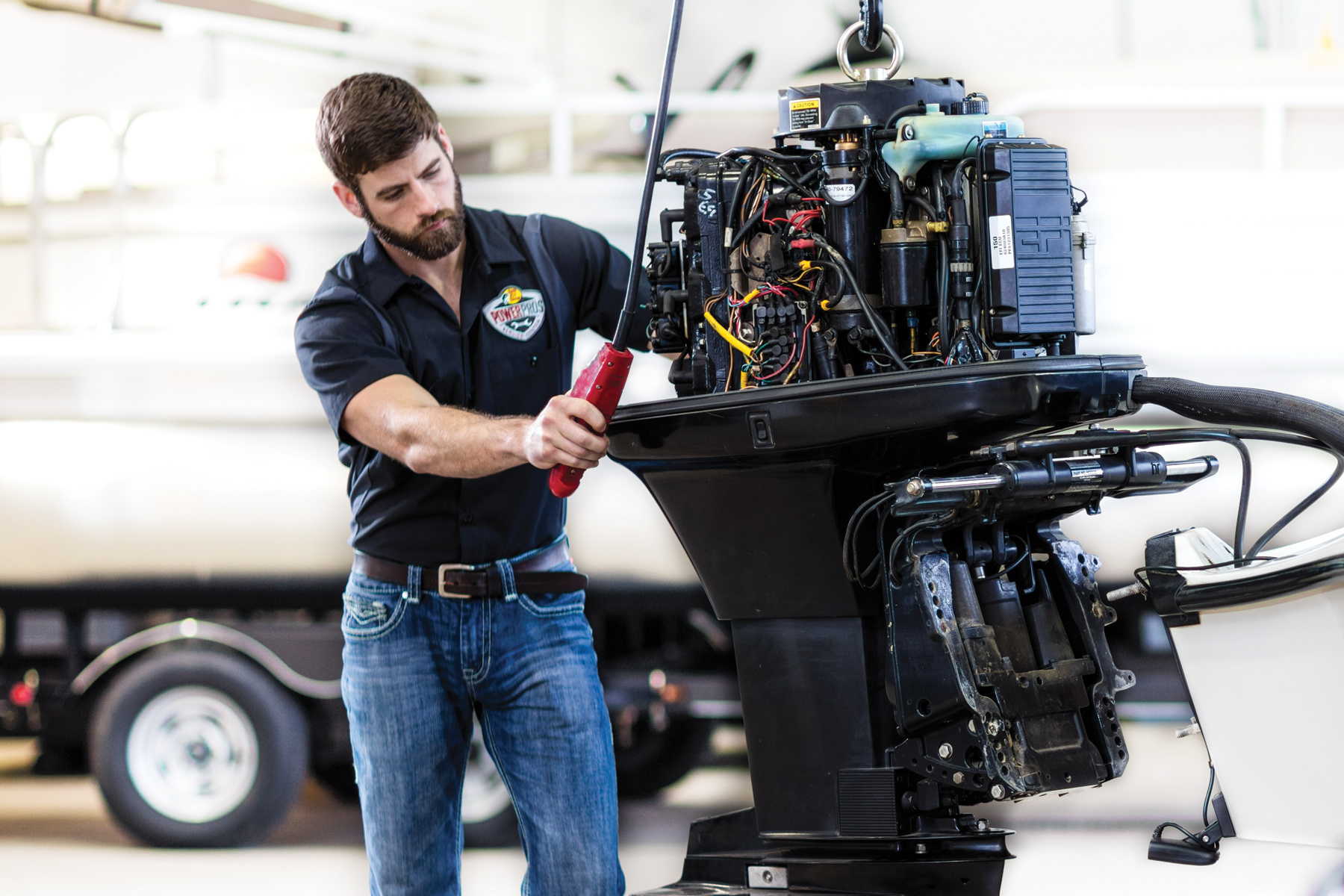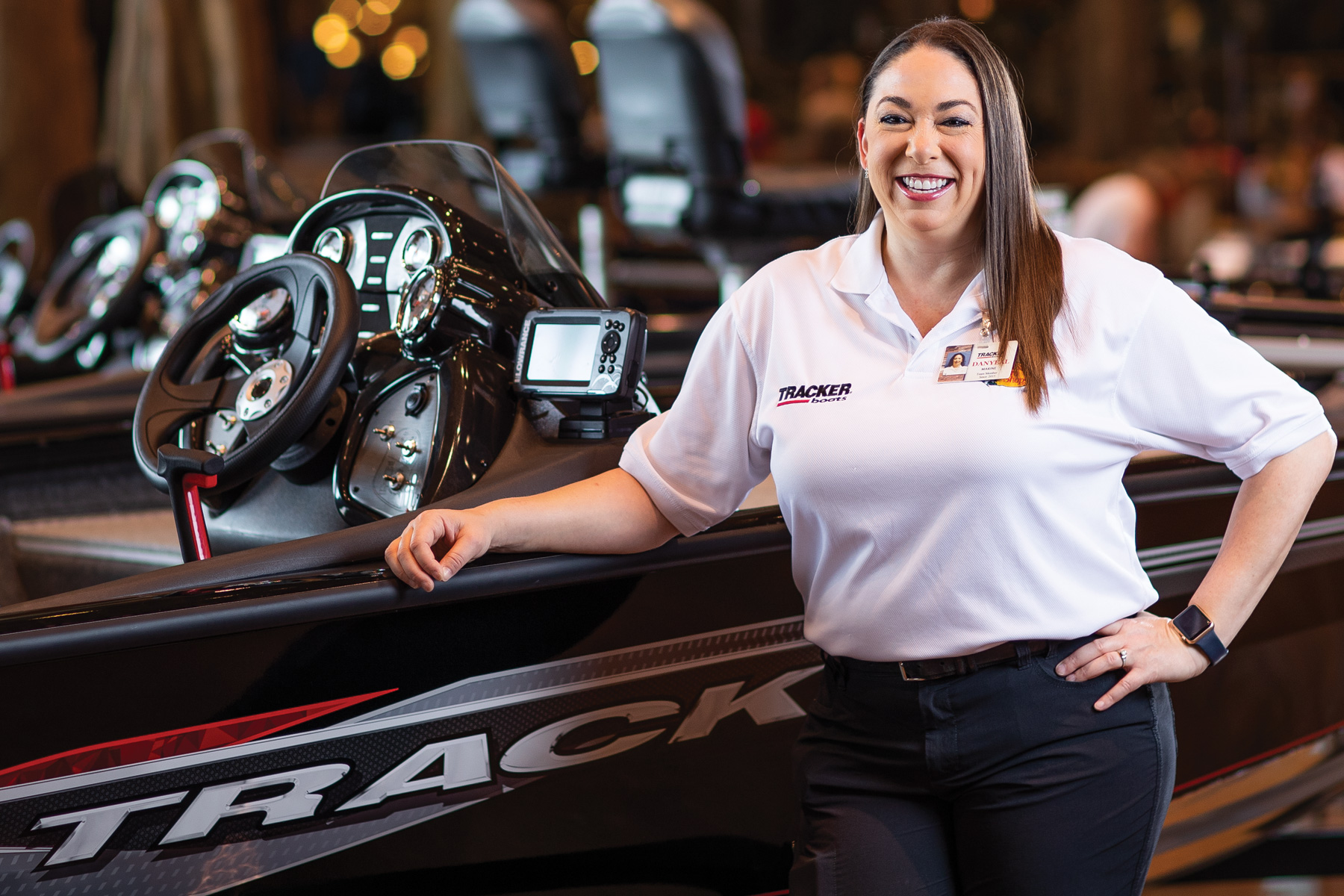Shorter days and chillier nights mean that winter is coming. Are you prepared for it? Before you put another log on the fire, take a seat and tune into a football game, remember that there are chores to do beyond stacking firewood.
What really needs TLC during fall and winter that you might not think about? Your boat!
For coastal boaters, winterizing is an ugly word. It means winter is almost here, and possibly bringing cold temps with it. Unless, of course, you live in southern California, Hawaii or the Florida Keys. If so, good for you. We hope you enjoy another season of boating while everyone else shivers in the cold (those of us in the Midwest are jealous, can you tell?).
If you count yourself as everyone else, though, winterizing your boat is a necessity. All it takes is a brief cold snap before temperatures moderate to do some serious damage. Even if you’re going to put the boat away for a few months or even just weeks, winterization is a must.
Need more proof?
Here are reasons why winterization is a good idea, and what you can do to keep the boat ready for spring.
Freezing water expands and exerts tremendous pressure on whatever container it’s in, which could result in cracked engine blocks, split hoses, damaged water pumps and broken plumbing. All it takes is a little water to do a lot of damage. You might not even notice what happened until after the ice thaws and you’re ready to go boating. It can be even worse if your boat stays in the water.
The simple solution to avoiding serious problems is keeping water completely drained from anything it comes in contact with on the boat. If you boat through winter, that means making sure to remove the drain plug at the ramp. Back at home tilt the motor/outdrive all the way down (take it off the transom saver, if equipped) so water drains out. Also, make sure you completely drain the livewells, as well as bilges and other plumbing.
You are in for a balancing act if you store your boat in the water. You need water to keep it afloat but you also want to keep it out. You might not go boating but will make just as many trips to the marina to keep things in check.
Closing all seacocks and gate valves to protect thru-hulls and other below waterline openings is a must. If you cannot keep those closed, storing the boat ashore is wise. Seacocks are not required for boats with thru-hulls above the waterline.
Marinas are mostly deserted during winter and you want to be prepared if the unthinkable happens and the boat takes on water. Make sure the bilge pumps are working properly and are clear of any debris or oils that might clog the pump.
If your boat has a marine head, it needs winterizing. Pump out the contents at an approved pumping station. Check the owner’s manual for the approved toilet cleaner and pour that into the bowl during pump-out. Flush the toilet, give it a final rinse and pour in manufacturer-recommended antifreeze through the bowl, pump, holding tank and fittings.
If your coastal lifestyle includes keeping warm beside the fireplace, you likely store the boat out of water at a boat yard. Cradles and blocks are the standard, but not just any supports can handle the job.
Custom-made cradles specific to your boat’s model are best. Steel is better than wood, which can rot. Those are luxuries in crowded off-season boatyards, where assorted jack stands, blocks and timbers are commonly used.
Boatyards are space savers and can be a secure, worry-free place to winter the boat. Working with the yard manager on a blocking plan is a wise idea. The goal is to know where to place blocks and stands to maximize support without damaging the hull. Take pictures of where the blocks are placed, or keep a copy of the plan, in case you store the boat elsewhere in the future.
Trailer owners have the benefit of mobility. No matter where you store, make sure the boat is covered. The cover provided by the manufacturer is suitable, as long as air is allowed to circulate throughout. That prevents condensation from building up, which could cause mold and mildew to form on upholstery and inside storage compartments.
The bottom line is that boats are less likely to sustain damage when stored on land than in the water. Water retains heat longer than air, so boats stored ashore are more vulnerable to a sudden freeze than boats surrounded by water. That means boats stored on land must be winterized sooner.
Now is a good time to check the anodes. Aluminum is lightweight, more environmentally friendly than zinc. Aluminum is best all-around for the saltwater environment because it also works in brackish waters. For the uninitiated, sacrificial anodes protect other metal parts of your boat from dissolving by corroding more readily. Thus, the “sacrificial” part of the anode name.


